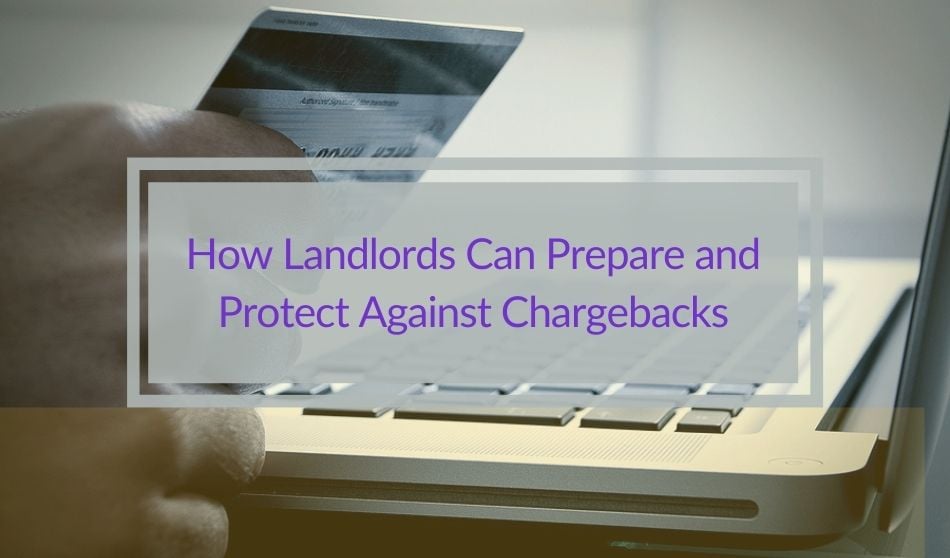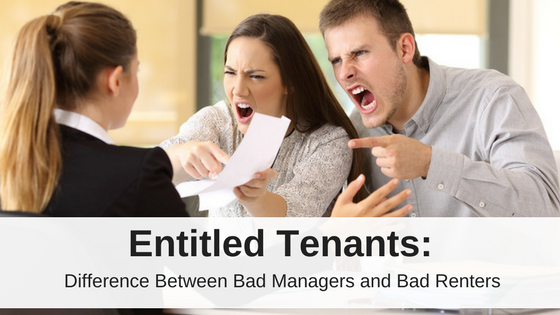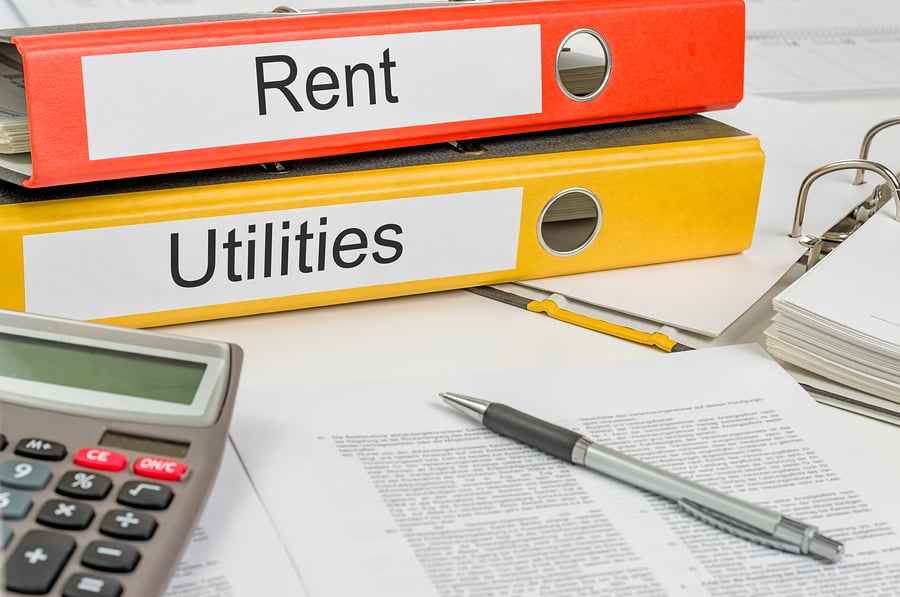
Simply put, chargebacks are a part of doing business if you offer online payment options. Landlords, however, can arm themselves by understanding the ins and outs of chargebacks to help reduce the odds of losing a disputed charge.
What is a chargeback?
A chargeback is a request by the cardholder that an original charge be reversed. Chargebacks can be requested for both credit card charges as well as debit card transactions but with a slight difference.
Credit card processors pay the original transaction and add that amount to the card holder account as debt. A chargeback on a credit card returns the original money back to the credit card company and they in turn will post a transaction on the card holder’s ledger that cancels the original amount owed.
For debit card holders, the process is similar but the funds are actually drawn from the debit card holder’s bank account for the initial payment and then, if a chargeback is awarded, the funds return to that same bank account.
In either case, the financial institution (whether a bank, credit union, or credit card company) is operating on the behalf of their client (the cardholder) and not in the interest of the landlord.
What is a chargeback period?
A chargeback period is the amount of time a consumer has to initiate the request for a reversal after the initial transaction. For landlords the consumer means a renter, co-signer, or applicant. In many cases, chargebacks are requested within days, but often can be many months. How much time the card holder has to initiate a chargeback is at the discretion of the financial institution. There are some nuances depending on the type of card used but generally the chargeback period limit is 120 days or as long as even two years.
What is the difference between a chargeback and a refund?
A refund is a request from a consumer to the merchant asking for their money back. The refund is initiated by the merchant.
A chargeback by-passes the merchant (landlord) and the consumer (renter, applicant) goes directly to their financial institution or credit card company and requests a reversal.
Adding insult to injury, your merchant processor and/or the financial institution may charge you fees for processing the refund or a chargeback – with chargebacks being the more expensive option.
Common Chargebacks in Property Management
Unknown charges
If you saw an unexpected charge on your account, you’d likely ask for that to be reversed if you knew you didn’t authorize that transaction. And so is the case for those that are making payments for rent on behalf of your tenants such as co-signers, first time tenants like college students getting payment help from parents and grandparents, or even an employer that covers rental expenses. They may have offered to help make payments but might not recognize the charge on their bank statement or credit card statement.
Application fees
It’s not uncommon for someone denied a rental to then decide to process a chargeback and that can be frustrating for landlords. Since it’s a unique type of transaction and process, check out this guide on how to tackle rental application chargebacks here: How To Deal with Rental Application Chargebacks
Relationship status change
A once happy couple or a friendly roommate situation can quickly turn into a financial fiasco for a landlord. Let’s say one person pays the full or partial rent, and then moves-out mid-month without warning. They may feel it in their right to initiate a chargeback either out of entitlement, vindication, or spite. Or, in join-account scenarios the party who stayed processes payment and the party who left may attempt a chargeback before dividing assets.
But it’s not just the heartache of divorce, separation, or breakups between partners that can cause havoc, new relationships can also bring on confusion if their new partner doesn’t recognize a transaction processed with or without their permission.
Human error and fraud
Unless someone is fully authorized, It is fraudulent to use anyone else’s credit or debit card, even if it’s a close relation or relationship as noted above. However, there are also bad players with criminal intent out there to scam the unsuspecting landlord. Chargebacks are just one way scammers like to play the game.
To err is human, and you might run into a situation when someone doesn’t use the card they intended to use and instead of asking for a refund, opt for a chargeback. It’s one of those cases where some proactive measures might have saved you from the hassle and cost of a chargeback. Take a look at how you can help to mitigate those situations.
Proactive Measures to Reduce Chargebacks
It’s important to be proactive in countering chargebacks because it not only helps to reduce them, but also prepares you if you need to defend against one.
Payment Policy
Put in writing a clear payment policy in your lease and rental agreements. Stipulate in the lease or rental agreement what types of payments are approved, what happens when payments are late or come back as non-sufficient such as fees, etc. when it comes to your payment policy. Be sure to include a no-refund policy if needed.
Authorization
Even if you have built-in authorization forms in your landlord software, it’s also good to include an electronic payment authorization form in your lease packet. In that, be sure to get the names of everyone living in the apartment on lease and/or rental agreement and an electronic payment authorization form signed by each party who will be making payments. Don’t forget to get authorization forms from those who are not going to be occupying the home but are responsible for payment such as co-signers.
Property Management Software
Make sure your landlord software has these built-in protections:
- Online payment agreement authorization
- NACHA required verification
- Online application customization so you can declare your no-refund policy
Stay Aware
Chargebacks can happen quickly or show up months later. Keep an eye on your financial statements often to get a jump on any chargeback quickly.
Chargeback Disputes and Defense
The best defense is a good offense so be sure to take those proactive measures above and make residents, authorized payees, and applicants aware of your no-refund policy and online payment processing terms.
Be careful to craft a good rent payment policy regarding late and non-paying tenants. If you are pursuing an eviction or suspect an electronic payment might become a chargeback, you may want to turn off online payment processing for that specific tenant account. You can also direct them towards other payment options like a Cash Payment Network.
Remember: Documentation is the key to a chargeback dispute!
Documentation that you might be required to provide can help you defend against a chargeback. The documentation comes from your payment policies, lease terms, authorization forms, and can include screenshots from your property management software tenant portals and ledgers.
When it comes to application fees, check with your state and local regulations as you might be required to refund an application fee for certain reasons – but returning the application fee is considerably different from a chargeback scenario. To protect yourself, your application should have clear instructions. If refundable, be clear on how they will receive the refund. If not-refundable, be very clear on that point.
Resident ledgers and tenant portal information might be requested by the financial institution which makes having a good property management system in place so those screenshots are quickly available.
Check with your merchant processor (payment processor) about their policies and procedures and speak with their in-house chargeback specialist when a dispute arises. Chargebacks don’t happen often, but if they do, you can be ready and prepared with great documentation and policies in place.





